
Last year I had the privilege of travelling around the US as an Eisenhower International Fellow. The experience was the most amazing of my professional career.
In this column, I outline my Fellowship project – Global University 2.0
Let me convey what I see as the challenges facing the modern global university, the imperatives that face humanity, some of the options available for change within tertiary education and the possible form of the ‘new global university’.
My project is an area that I not only work in, but which regard as a life mission. It involves the exploration of implementation of my vision:
- a vision of the university of the future;
- a vision tried in the fires of post-earthquake Christchurch;
- a vision that sees universities as community partners in addressing the imperatives of our time – sustainability, equality, equity, social enterprise, social justice, economic development and entrepreneurism, to name a few.
It is my vision that qualifications come as a consequence of a university’s pursuit of a meta-narrative mission. We are not degree factories.
I see universities as a community of scholars (academics, professional staff and students alike) working together and in collaboration with government, industry and society, to change the world by actualizing the society we individually and collective want to see.
The empowerment of individuals through attaining qualifications is a vital consequence of that mission, the importance of which must not be underestimated. But we are more than qualification attribution centres.
Humanity is capable of working collectively to solve all of the most pressing issues of our time. But that will not happen by accident; it will happen by design.
Predictions over the future of work, globalization, the advancement of AI, and computerization, have all combined with falling budgetary support for universities and increasing industry dissatisfaction with the skill and ability level of graduates. They are creating a perfect storm in higher education.
The challenges facing the tertiary sector globally are thus multifaceted. They include the following nine.
- The changing nature of employment. Whilst the commodification of education over the past 60 years has seen universities move increasingly from providing education as a deontological good (as an end in and of itself) to a utilitarian product of importance to the advancement of national economies, universities nonetheless find themselves flat-footed in the modern world. In this regard, the basic model of a single degree for life predominates. In its present form there are two fundamental difficulties with the predominant tertiary model.
- First is an over reliance on a degree structure that does not support life-long-learning and is, at best, merely a filter for industry in recruiting the people they need rather than providing genuine focused preparation.
- Second, universities provide neither highly-trained specialists nor truly flexible generalists who fully understand multi-disciplinary collaboration or complexity theory based upon systems thinking.
- A multiplicity of competitors. Traditionally, universities have been based upon information discovery and dissemination. But in the modern world, such tasks have been democratized. Alternative providers – boot-camps, industry based training platforms, specialist third party institutions – are often better positioned to provide tailored employment focused training more cheaply and just-in-time, than traditional universities.
- A crisis of meta-narratives. More than ever, the world needs innovators whose thinking will act to change the normative foundation of our societies. These include citizens focused on sustainability, the development of alternative economic models, equity, equality, entrepreneurship, social enterprise and social justice. Therefore, citizens need to be prepared for the new century as well as employable on graduation.
- A broken funding model. Whether it be the system of student fees in the US or universal access to tertiary as in many Nordic countries and New Zealand, the funding mechanism supporting tertiary education is in need of re-evaluation.
- Over-reliance on a traditional credentialing model. Traditionally, universities have been secure under the predominant model of credentialing in which authority and legitimacy has originated from the State and centralized credentialing bodies. Innovations such as block-chain credentialing and industry training challenge such superiority.
- Student recruitment and retention challenges. Currently most universities operate poorly in the realm of engaging the non-traditional student market. Minorities, first generation students, and alienating class divides, have stretched universities in their capacity to engage all communities. In light of futurist predictions of mass extinction of whole classes of vocations, the future is not bright for universities which cannot engage all kinds of peoples.
- Inflexibility of curriculum. Universities are masters of Newtonian approaches to problems in which an ordered, rational approach is taken to problems by dividing them into logical units along traditional discipline lines. Rather than training people to deal with the organic and chaotic, universities are good at creating linear experts specializing in particular forms of thinking and problem-solving. It is not that the future has no need for such skills, but that an over reliance on such an approach fails to adequately prepare citizens for tackling the ‘Grand Challenges’ of our times.
- Digital delivery models. Digital delivery deserves a category of its own albeit it is relevant to all other categories of modern challenge. Whilst representing a unique opportunity for brand development for some universities, for the majority it represents a significant challenge to the underlying financial model of their operation.
- A silo over cooperative mentality of operation. Universities have traditionally defined themselves as centre of knowledge and learning, rather than facilitators and partners in social development. The latter will help define the new university paradigm.
When I was in the US I witnessed the most incredible innovation in the US tertiary sector. In future blog-posts, I shall offer an outline of my ‘Eisenhower Project’, detailing the elements of my vision for tertiary and the collaborative approach that I hope will typify the 21st c. university for the global community.
Prof Chris Gallavin is Deputy Pro-Vice-Chancellor, College of Humanities& Social Sciences, Massey University. He is a member of the NZCGS Board (Coordinator of the Global Education & Citizenship Programme). This blog first appeared in his Linked-In column.

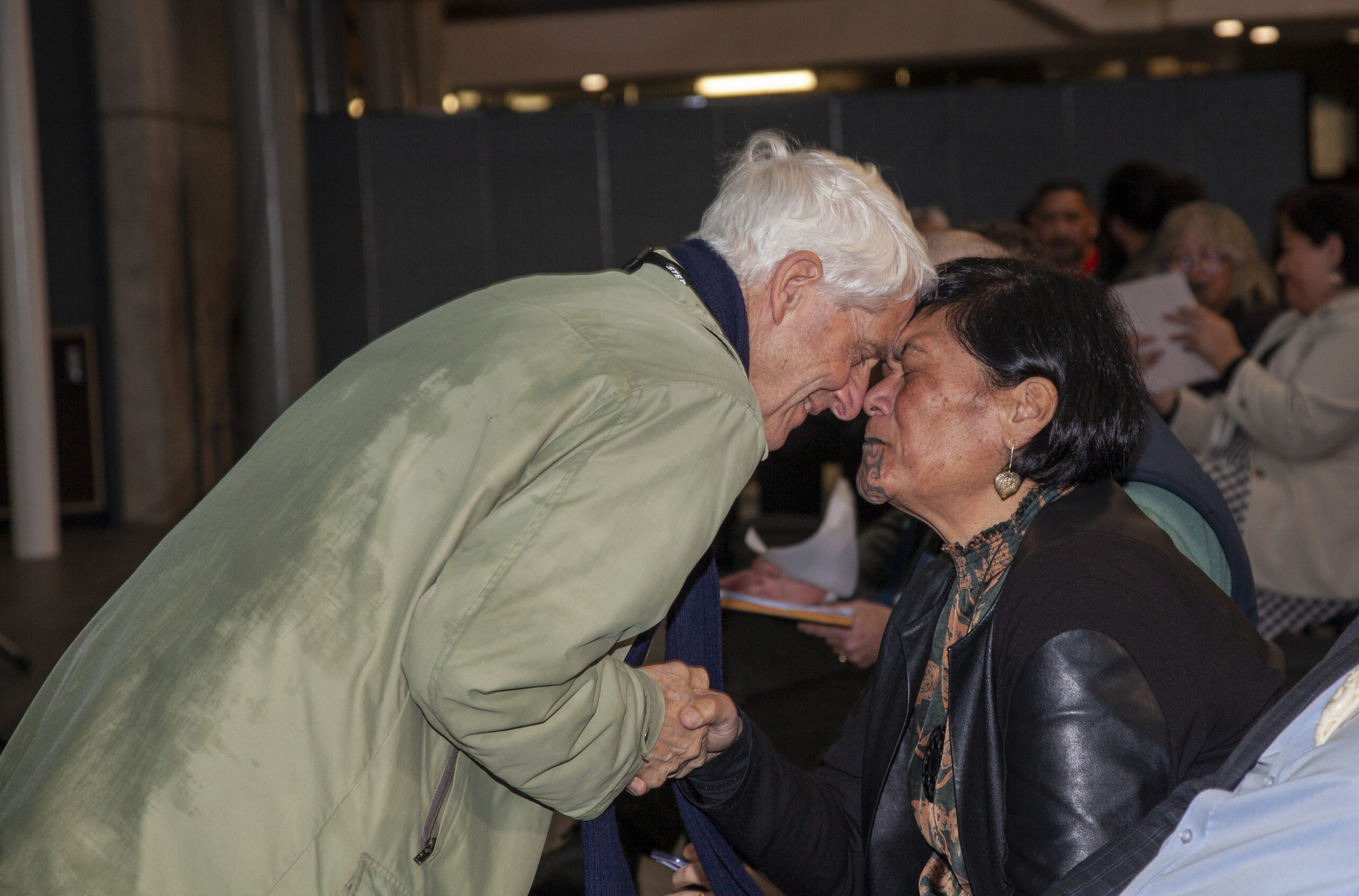
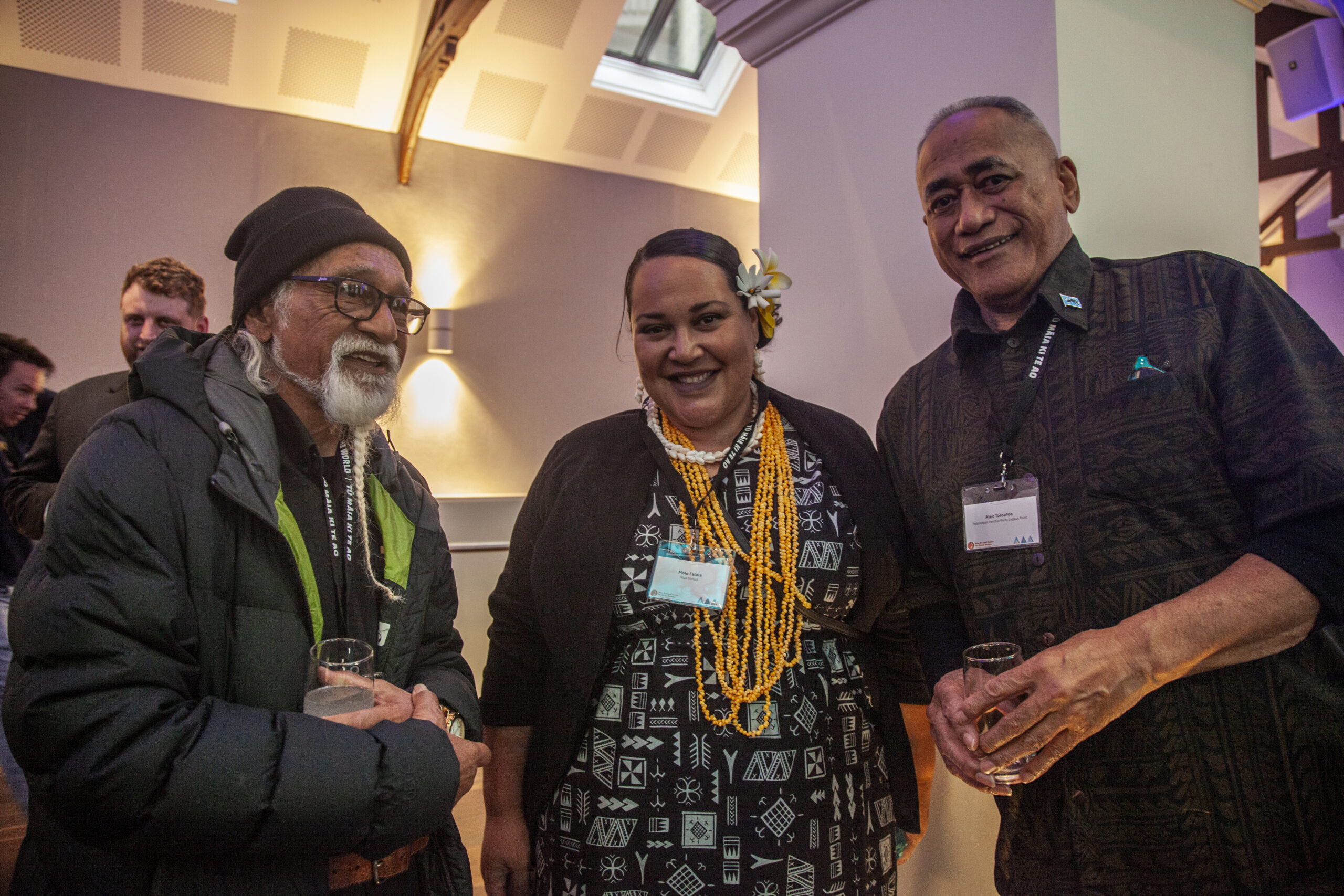
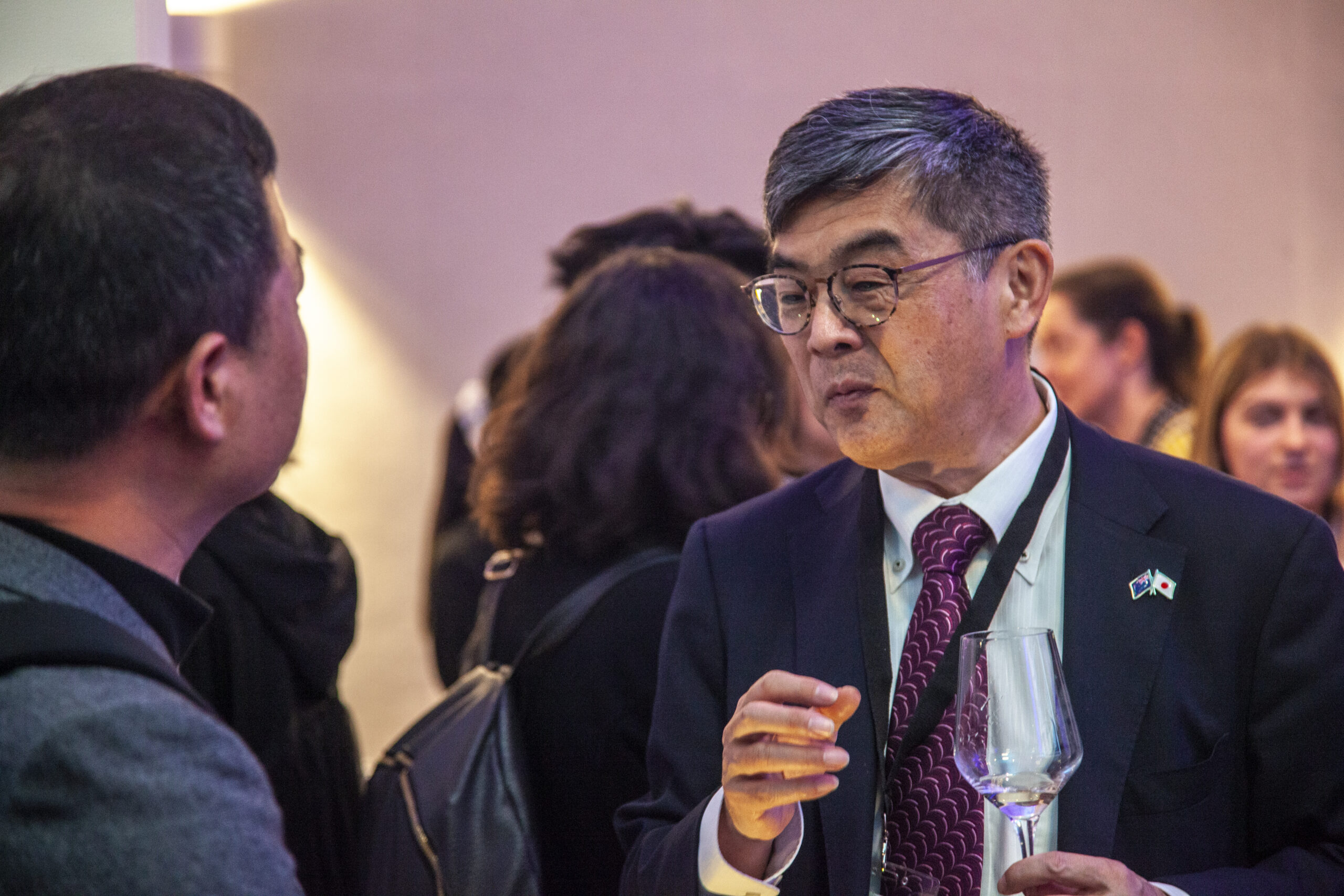
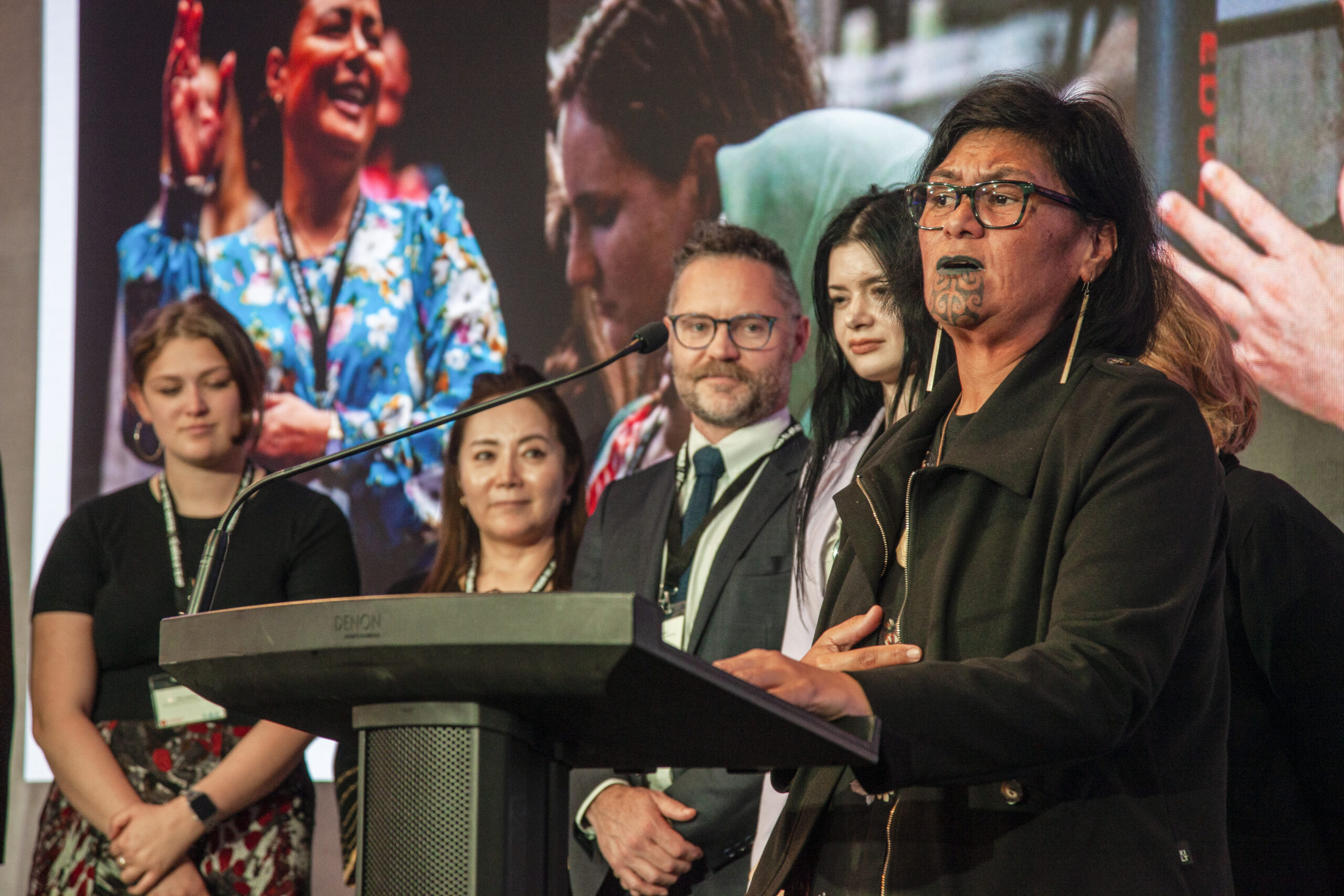
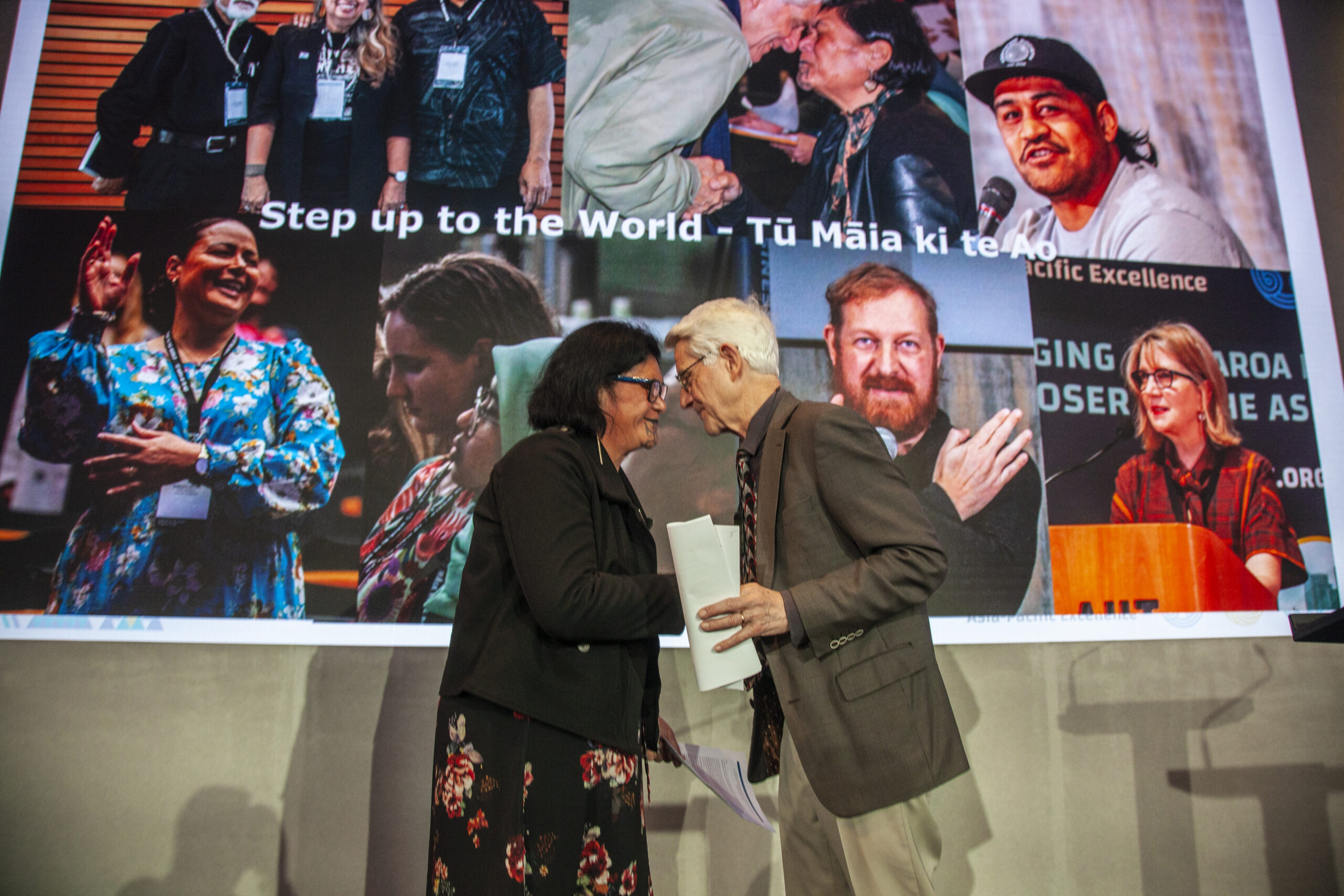
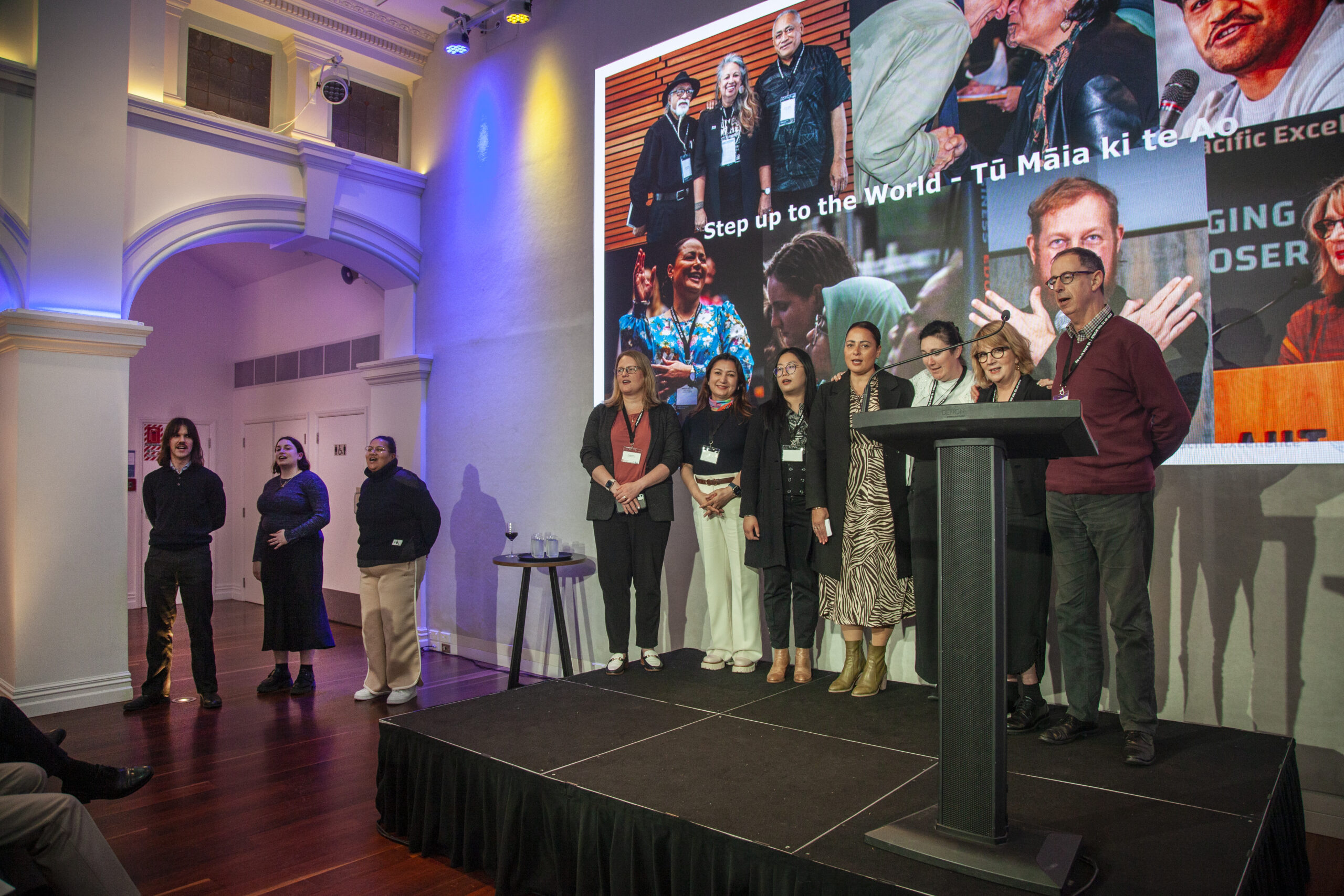
0 Comments